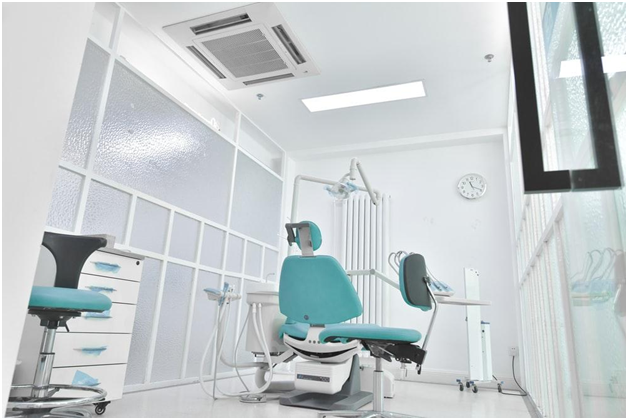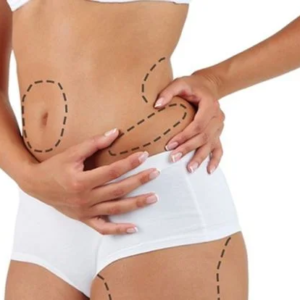Pain After Root Canal: What to Expect and When to Seek Help

Root canal is a brilliant solution to persistent pain and a variety of different dental concerns, that does not mean that it is all that enjoyable to undergo. The pain that follows root canal surgery is easily managed with the correct upkeep. Here is precisely what to expect following your root canal procedure, how to manage your pain and signifiers that might indicate the need for professional attention…
Initial Post-Procedure Recovery Period
Root canals have always been famed for their painful process, to the extent that many patients who were desperately in need of the procedure would avoid it at all costs. This is now a thing of the past with the leaps and bounds made in medical advancement and effective pain management measures that can be taken by yourself and your dental professional. Prior to your root canal, your dentist is going to apply a local anaesthetic which is going to minimise the sensation (and therefore the pain) during the procedure. You’ll still feel the pressure of the dental cleaning but pain should be minimal or completely eradicated.
Your anaesthetic will wear off after your root canal, and this is when you will potentially experience some pain and sensitivity throughout your mouth. This feeling is linked to the intense cleaning process that you underwent. Your dentist will have made a small incision at the crown of your roots, extracting pulp and other matter inside the pulp chamber within the root of the tooth. This is uncomfortable and certainly noticeable as you are recovering however it should only last a few days and it should not feel completely unmanageable.
Your pain following a root canal surgery should be mild which means that it can be effectively treated with the use of over the counter pain medications. This should provide you with welcome relief. You should always check with both your dentist and your doctor before taking any pain medications to ensure that they are going to sit harmoniously with any other medications that you might be taking. It will be necessary to avoid chewing and biting down on any hard foods, this is going to cause you pain. Opt for soft gentle foods instead, eating these for about a week or a least a few days will help the healing process.
Signs to Seek Help
Your pain should decline as you recover. If you are experiencing persistent pain or swelling after a day or two, you should contact your dentist and head in for a check up. Sometimes root canal treatment requires multiple visits to be successful and effective. Pain is a great indicator of the need for more cleaning sessions. If over the counter pain medicationsare not helping to ease your pain you could speak to your dentist about prescription pain management. This will depend on your unique situation.
Ongoing Pain Management
Once your treatment is complete and your pain is gone, your dentist may fit a new crown. Your new dental crown might be made of metal, gold, porcelain or composite resin, it will depend on your unique smile. This will help to prevent any potential damage to your sensitive root. Sensitivity can be ongoing for some time so carefulness and attentive cleaning is key. Taking care of your teeth will include meticulous brushing and cleaning, deep breathing to avoid teeth grinding, avoiding very hard foods and quitting poor habits such as smoking.
Speak to your dentist about professional root canal treatment at your neck check up and clean.




